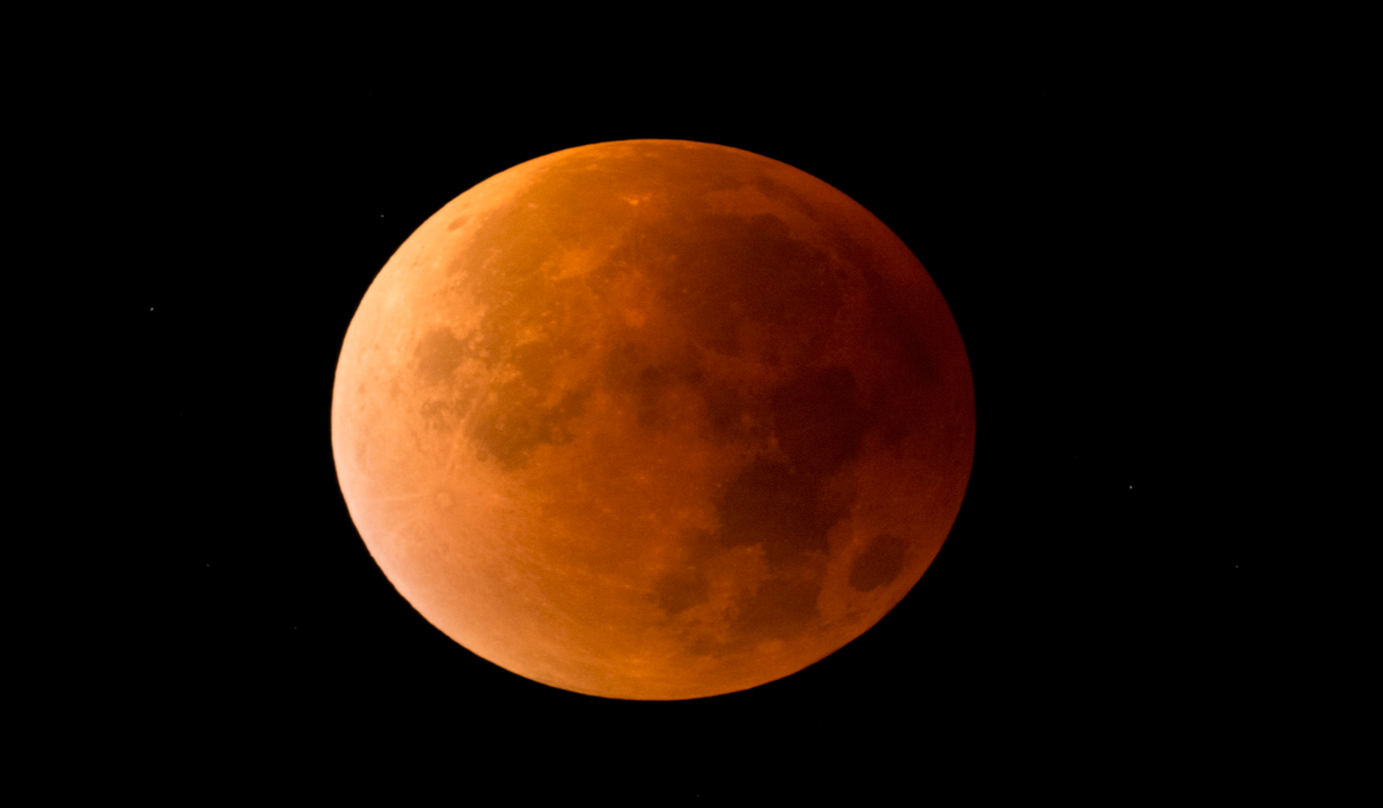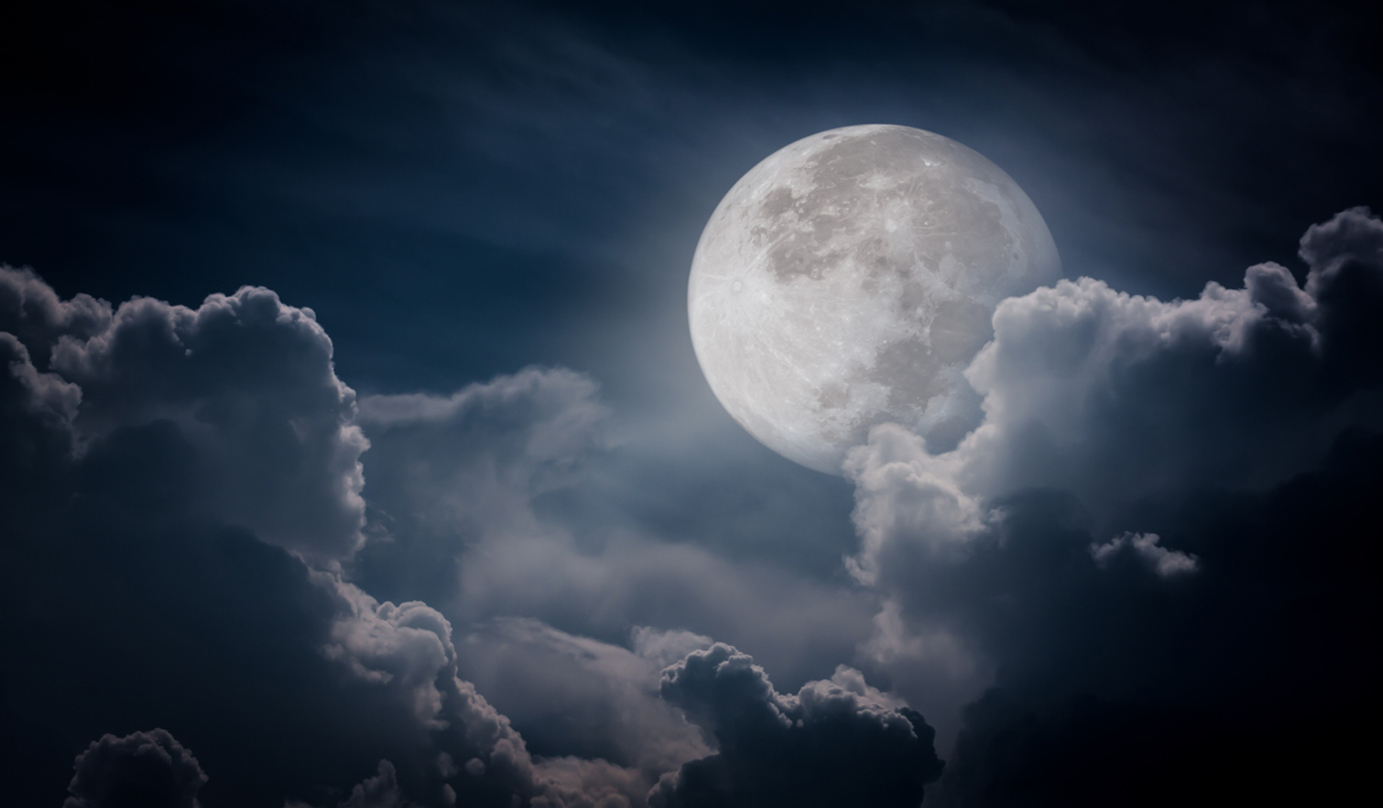
Our ancestors have been looking up at the sky since the very beginning. There are many astronomical phenomena that have piqued mankind's curiosity. We have been attempting to understand and seek more knowledge about them. These breathtaking astronomical phenomena have to do with our sky and celestial objects.

We've learned about solar eclipses, but what are lunar eclipses? Lunar eclipses occur when the sun, the moon and Earth are aligned. This cosmic event only occurs when Earth is between the sun and the moon. Earth blocks the sunlight from reaching the moon. If it is a total lunar eclipse, the moon turns red. It can range from a tinge of red to a dark and deep red. This is called a "blood moon".

Blue moons are much rarer. That is why we have the saying, "Once in a blue moon". It means that it is rare for something to occur. Due to its name, many people think blue moons are in fact blue. That is a misconception! While we usually get one full moon per month, sometimes there are two. A blue moon refers to the second full moon in a month. It can occur every 2.5 years.

Supermoons are seen more frequently. Supermoons are moons that are larger and brighter than what we can usually observe. A supermoon gives the impression of being larger, because it is at its closest point to Earth in an orbit. There will be a gigantic supermoon on December 6, 2052. But if you want to see a supermoon, you don't have to wait until 2052. Supermoons occur about once a year.

There are different kinds of stellar objects. Novas are stars that can reignite themselves, which causes sudden increases in brightness. Then over the next months they will slowly return to what they were like before. Supernovas on the other hand, don't just reignite themselves, they explode! This is because they have reached the end of their lives. Supernovas are really powerful. Supernovas can radiate and spew out more energy than our sun. This would surely be a sight to see! But due to the dust in space, it’s hard to see supernovas from Earth.

Have you seen a bright comet across the night sky? Comets are made out of dust and ice. They orbit the sun. Some people call it a dirty snowball. There are many comets in our galactic system. It can be hard to see comets, because they don't come near Earth very often. One of the most notable comets is called Halley’s Comet. We can see it from Earth about every 76 years.

Have you ever seen a shooting star? Maybe you even made a wish, but what are these shooting stars? Shooting stars are called meteors. Meteors are pieces of rock or metal from space and they enter our atmosphere. When meteors enter our atmosphere, they begin to burn. This is the bright light we can see with our naked eyes. Meteors can travel very fast. They can go up to 72 kilometers per second! That's why most of them will burn up or break down within seconds. If a meteor doesn't completely burn up and lands on the surface of Earth, we call it a meteorite.

The brightness of our city lights obscures the night sky's beauty. Stargazers can proceed to places with less light pollution and carefully examine the night sky. Which astronomical phenomena would you like to experience in your lifetime?